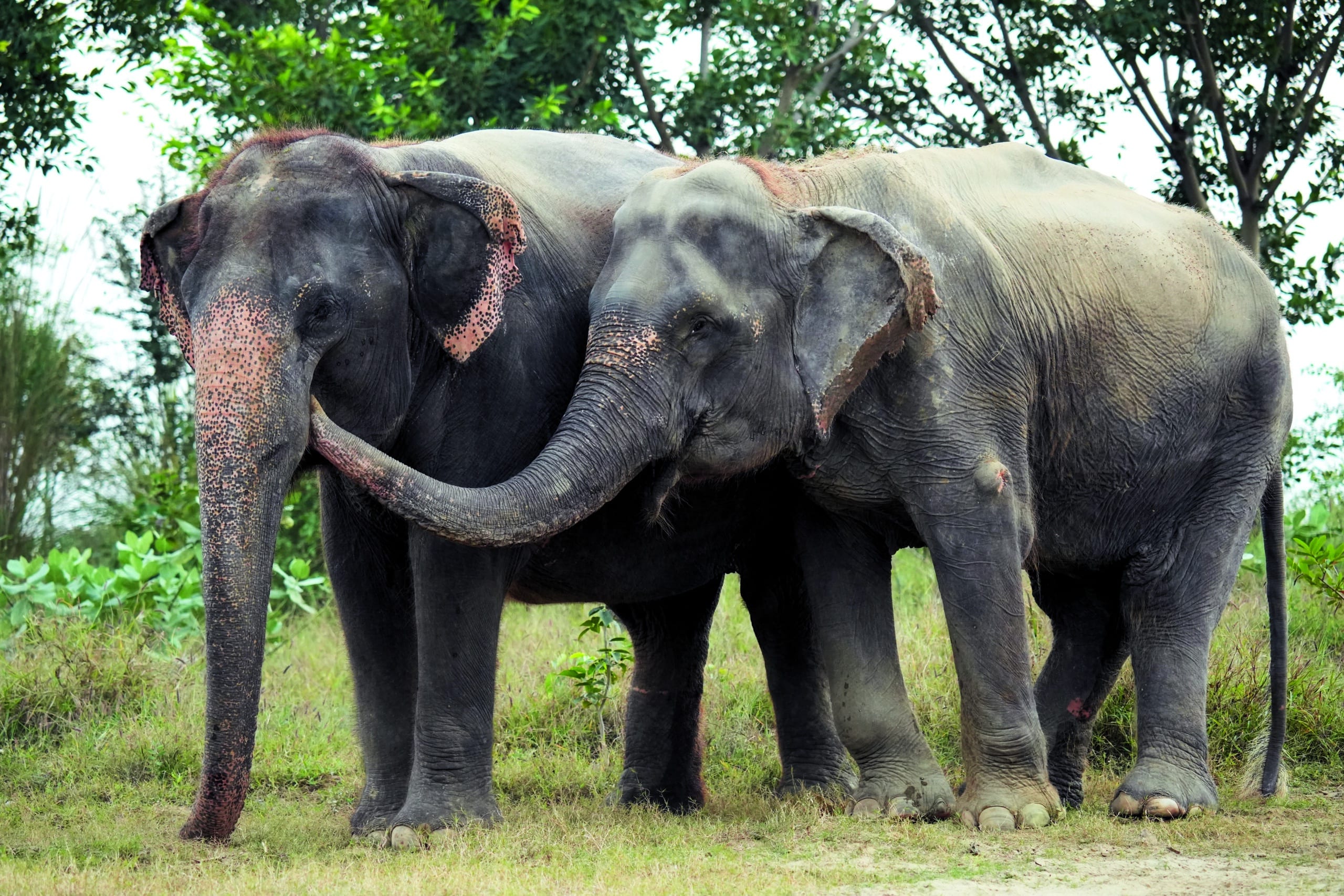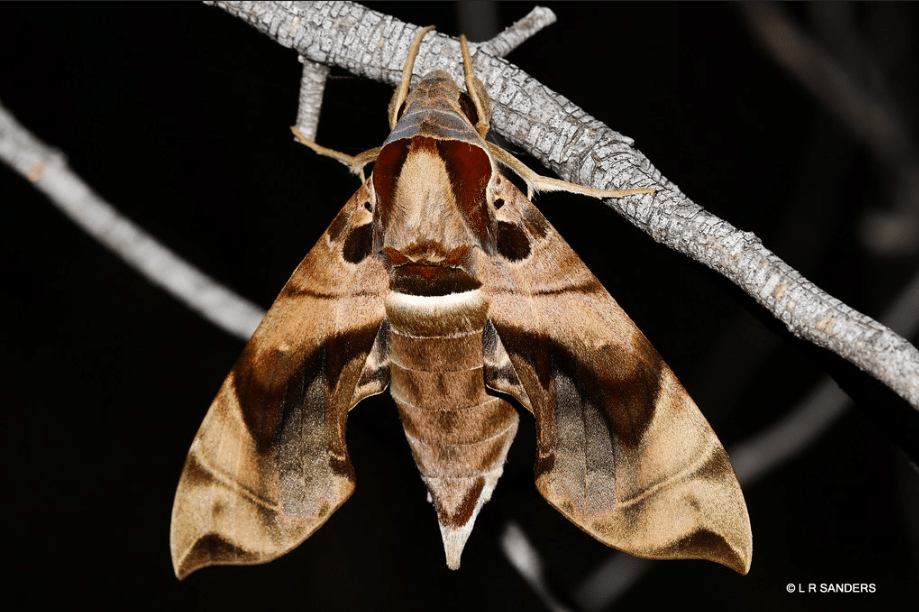You might remember Kalpana—I am happy to report that this year she celebrates her fifth rescue anniversary at Wildlife SOS. Formerly exploited and abused as a ‘begging’ elephant in Uttar Pradesh, Kalpana was rescued in 2019 and brought to the Wildlife SOS Elephant Hospital Campus (EHC) in Mathura for comprehensive...
British farmers and consumers are concerned by Australia’s poor animal welfare standards as a free trade agreement is negotiated between the two countries, reports Humane Society International’s UK office.
The UK’s red lines for the deal are rumoured to be going for UK Cabinet approval today.
Australia has lower farm animal welfare standards than the UK, including cruelties that are banned in Britain such as confining egg laying hens in battery cages, the extreme confinement of pregnant pigs in “sow stalls”, use of growth hormones for beef, and slicing the skin off the rear of wool-producing sheep or ‘mulesing’.
British farmers are concerned they will be undercut if the deal increases market access for Australian goods produced under lower animal welfare standards than are allowed in the UK.
“The UK concern shows that low animal welfare standards not only hurt the suffering animals, but also hurt Australia’s reputation and opportunities for market access. Australia lags behind other developing countries on animal welfare and this comes to the fore in the negotiation of free trade agreements. The need for higher animal welfare standards and an end to cruel and unnecessary practices is urgent,” said Nicola Beynon, Humane Society International’s Australian Head of Campaigns.
At particular risk is Australian wool for which the UK is a significant market. British consumers are shocked that every year in Australia millions of Merino lambs endure the brutal mutilation that is mulesing. This is when the rear of a lamb is painfully sliced off in order to create scar tissue resistant to flystrike. Flystrike is a terrible condition and Merino sheep in Australia have been bred to be wrinkly making them especially prone to the condition. Pain relief isn’t even mandatory in most Australian states, and the painful practice is allowed even though sheep can be bred without wrinkles so that they are naturally resistant to flystrike.
British consumers also find it unacceptable that nine million layer hens live in battery cages in Australia, at a time when 70% of OECD countries have phased them out or are in the process of doing so. Battery cages were banned in the UK and across the EU in 2012.
Just last week the British Government issued its Action Plan for Animal Welfare, in which it pledged to maintain and improve UK animal welfare standards, especially in the context of negotiating new post-Brexit free trade agreements.
“Trade deals offer a vital platform to influence positive change for the lives of animals. HSI UK is urging the UK government to use the trade negotiations to push for upward harmonisation of animal welfare standards, and to use economic forces to price low-welfare systems like battery cages, and unnecessary cruel practices like mulesing for wool, out of viability in global trade,” said Ms Beynon.
“HSI understands that an animal welfare chapter is being discussed in the negotiations and has urged the Australian Government to use the opportunity to raise the bar on our country’s animal welfare standards,” Ms Beynon concluded.


